|
Dr Tom Cromarty Editor Interests: Paediatric Emergency Medicine, Medical Engagement and Leadership, Simulation, Quality Improvement, Research Twitter: @Tomcromarty |
Welsh Research and Education Network
WREN BlogHot topics in research and medical education, in Wales and beyond
Dr Celyn Kenny Editor Interests: Neonates, Neurodevelopment, Sepsis, Media and Broadcasting Twitter: @Celynkenny |
|
Dr Rebecca Broomfield Photo credits to Dr Sara Long, Dr Kathryn James, Dr Laura Potts Leadership course run in MIT Boston USA As Clinical Leadership Fellows we were privileged to have the opportunity to attend a Leadership Course at Massachusetts Institute of Technology. 5 of us hopped on a plane at the end of March and flew over to Boston in order to attend Applied Neuroscience: Unleashing Brain Power for You and Your People We flew in the day before the course and in true tourist fashion made the most of the first day getting over jet lag before the course began. None of us had been to Boston before and despite venturing out to an Irish bar with live music on our arrival we were all up bright and early on the Monday morning. (Thanks jet lag!) We grabbed our lonely planet guides and re-embraced our travelling student identities to explore a fantastic city. We spent the day following the Freedom Trail - Boston has a very limited history but what it does have it exploits amazingly! The trail lead us through the start of the American Independence and British invasion. We stopped off in the harbour at lunch time and took a (freezing cold!) boat trip too see all the islands. We continued our trail and then extended it to include a viewing of the bronze duck statues in the main park. We watched the sunset in the tallest building in Boston with cocktails that were stronger than they tasted! Day 1 The course was facilitated by Dr Tara Swart (@TaraSwart) She holds a BSc in Biomedical Science and PhD in Neuropharmacology from Kings college London. She read Medicine at Oxford University gaining a BM BcH qualification. She is an executive coach and is passionate about disseminating simple, pragmatic neuroscience-based messages that change the way people work. This course was not aimed at medics, and I do feel that we would have benefited from a slightly more rigorous focus on the scientific evidence for some of the science taught on the course, however, this was not it's aim and in fact may have alienated some of the audience who were present. Having looked into the evidence presented since the course, there is a significant scientific knowledge base behind the methods taught. There has never been a room where, as a medic, Imposter Syndrome has a more appropriate setting. The course was full of chief executives and people who have multi-million pound contracts in their back pockets and more staff working underneath them imagined possible! However, the problems encountered and the neuroscience to increase behaviors and lead change were relevant to both the medical and the commercial setting. The insight which mixing with leaders from completely different worlds to our own has allowed us to gain was worth attending the course alone. Right from the word go this course was structured differently to the majority. We sat on circular tables with 4-5 other delegates but at the back of the room were juggling balls, skipping ropes and standing desks. There were refreshments available through the whole day (although, caffeine was removed at 14:00 - it reduces your sleep quality after this time) and at the start we were actively encouraged to access refreshment as needed and walk around the classroom freely. While the skipping only occurred in the breaks some people did take advantage of the juggling balls and juggled at points throughout the teaching. While we learnt on the course that social safety is the area of culture in the workplace and wellbeing which has the biggest impact on the brain the next biggest area is physical activity. By standing up and engaging in a physical activity such as skipping or juggling we were actively engaging our brains and increasing our neuroplasticity, which is the brain's ability to reorganize itself by forming new neural connections throughout life. Brains tend to hold onto old pathways, in order to create new pathways you need to rest, fuel, hydrate and oxygenate your brain. by exercising you increase the release of brain derived neurotrophic factors (BDNF) which helps with the formation of new pathways. Neuroplasticity is an important concern when thinking about the neuroscience of leadership. We do not unlearn habits or behaviour, this is not possible but we are able to overwrite these pathways. Translated for use in leadership this could be as simple as giving people an alternative option rather than simply managing an undesirable or ineffective behaviour by saying "don't do that". Making new neural connections for behaviour is tough, but it is the first time which requires the most effort. As you repeat the same pattern of behaviour you strengthen this pathway and therefore make it more automatic. There are 2 areas of the brain involved with learning new behaviours; the cortex - which is learning by instruction and the limbic system which is learning by experience. Knowledge/organisation of reality happens in the pre-frontal cortex but feeling and managing anxiety is under the control of the limbic system. A brain stem reflex is often change preventing within behaviour modification. Logic is not enough in order to modify behaviour and promote change you need to connect the 2 systems. How can we use neuroscience to our advantage in the workplace? The top 7 emotional drivers within the workplace are:
Communication is one key area where neuroscience can give us the edge over others. Using your limbic system to promote bonding and enhance the emotions above can give you an edge in leadership. Trust is the number 1 emotion but trust uses more resources than mistrust, and is therefore more difficult to employ. Can you use neuroscience to create a better bond and increase trust? Yes, and it's as simple as eye contact. When you next communicate face to face with somebody try actively looking with your right eye into their left eye. This will activate their right limbic system which has been shown to create a strong bond. A bond enables colleges to feel more valued and creates a better working culture and environment. I've been trying this out since I returned and I feel that it has enabled me to shortcut some relationship building and create a quicker more valuable relationship. As far as I know, nobody has thought I've been looking at them strangely or even been aware that I am trying out this technique so even if it initially feels awkward for you it's worth a try! Face to face communication is always better, so make the effort to do this when possible. The role of stress .... The right ventral lateral pre frontal cortex is active in stress and has a role in regulating emotions. This area responds to pain - notably physical pain causes the release of natural painkillers whereas psychological pain does not, it also contains cortisol receptors. Cortisol is a fight or flight response hormone. It has a natural morning spike and then maintains low levels throughout the day accept in crisis or when there is a threat to survival. Having too much cortisol can lead to physical manifestations from yourself or the team which you are leading. These include poor sleep, irritability and craving chocolate/caffeine. The physical symptoms can detract from your brain power and demand attention, too much cortisol can also decrease your immunity and increase your abdominal fat thus impacting your physical health. Emotion biases all decisions and stress/fear biases decisions to the emotional system through the cortisol pathways. Interestingly some studies have shown that cortisol levels can be transmitted to others in a similar way to pheromones. Therefore a leader who has high levels of cortisone has the potential to expose others to them as well as themselves. Stress is just one of the recognised threats to your brain power in work, others include uncertainty and uncontrollability. As a leader you do have the power to influence these for your team. Can you adapt your leadership in order to make your team feel more in control of the tasks which they are performing? You can definitely reduce uncertainty. We did a good exercise on the course which focused on re-framing our responses. As a leader when a suggestion is made by a member of your team the automatic response is to say "No". In order to say yes it requires more mental energy as a leader but improving your ability to this can increase the level of control which your team feel they have and promote the positive emotional drivers outlined above. We were tasked in pairs of making a suggestion to overcome a problem to our partner. Initially they had to respond with "No" Then we had to re-ask the question and they had to a respond with "Yes, but .." thus entertaining the idea but outlining the potential barriers stopping this from happening. As the questioner we than had to once again make the same suggestion but our partner needed to respond with "Yes, and..." Using "Yes, and .." reduces the social isolation of your team and increases the attachment and bonding created. Oxytocin, which is released when creating a good bond, shapes the neutral circuitry of trust adaption. Reward and attachment emotions regulate emotion and improve decision making. Thus by utilising this type of leadership within your team you can promote good decision making and reduce stress. There is lots to gain A 10% improvement in performance is equivalent to an extra 23 working days annually. Other key points from day 1
During the course all food was provided and the menu was created to promote healthy eating and ensure that the nutrients provided promoted brain agility. It was followed up with an evening reception - I'm not sure where the wine fits into a healthy lifestyle but it was definitely welcome after all the information provided during the course. Our thanks also have to go to Mr William Fleming, a fellow course participant who took us out to sample the local seafood in the evening, but also allowed us to pick his corporate brain with ideas that could benefit our leadership styles and leadership within the NHS. (I think/hope he learnt a little bit from us too!) Day 2 During day 1 we were taught that people are 15% more productive on the days that they do 30 minutes of aerobic exercise in the morning. While i'm not sure this counts as aerobic exercise, we took this on board and as a group of Clinical Fellows all attended the precourse early morning yoga session. The picture above is the view from the glass walled classroom we were practicing in, this rivals the morning session of beach yoga I took part in while travelling for the most breathtaking yoga view. It was a calming start to the day, followed by a breakfast of foods, as yesterday specifically selected to enhance wellbeing and increase brain agility. We were more focused on day 2 on our own strengths and weaknesses and what we can do to improve our leadership while increasing our own resilience and mental toughness. If we can maintain our mental toughness and resilience as leaders then we promote a culture within our organisation that it is important to do the same. "Nobody would get into a car without filling it up or maintaining it - Why do we not do this with ourselves?" Maximise your potential Prior to the course we completed a Neurozone questionnaire. This is a detailed questionnaire which enables you to focus on small changes you can make to maximise your own potential and therefore improve your leadership. Two of my areas for focus are improving my sleep and increasing the diversity of my exercise. Both of these require a small change but have the potential to have a big impact on my reserves. Culture Culture and patterns of behaviour and beliefs frequently impact perception, cognition and actions. You have a responsibility as a leader to use your skills to create a culture where your team members thrive. Your actions as a leader speak louder than the word which you use. My take home messages ...
What am I doing differently since the course?
Further reading: “Neuroscience for Leadership: Harnessing the Brain Gain Advantage” Tara Swart, Kitty Chisholm & Paul Brown We had a day to play with before flying home, part of my year is focusing on simulation and medical education. Therefore I took advantage of being in Boston to visit the 'Centre for Medical Simulation' which has a worldwide reputation. There was a course going on that day and so I got to see their sim suite in action and speak to their faculty. It was very interesting to note that they are also focusing on the educational value of simulation and how we can evidence this. Their facilities are excellent and it was exciting to be able to spend a short time there.
The afternoon was spent at the Boston Tea Party museum learning about leaders who promoted a change by making a stand - very relevant to the topics which we had been covering, and yet another leadership perspective. Boston was fantastic, I would recommend it as a city break. The course was an amazing opportunity to understand some of the rational behind current leadership techniques and put a neuroscience basis to their implementation. I have a lot of areas to work on to maximise my own leadership potential and am looking forward to trialling these out over the coming years.
0 Comments
Leave a Reply. |
Editors
Dr Annabel Greenwood Categories
All
|


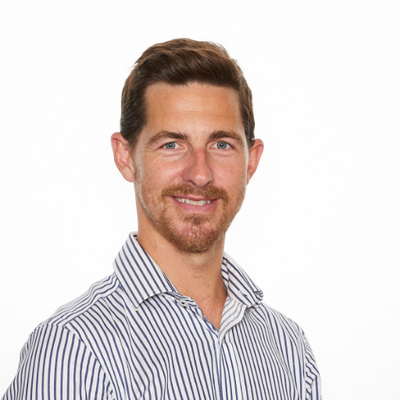

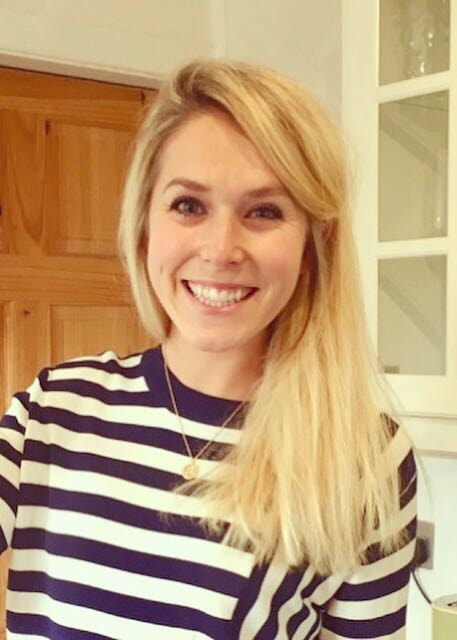
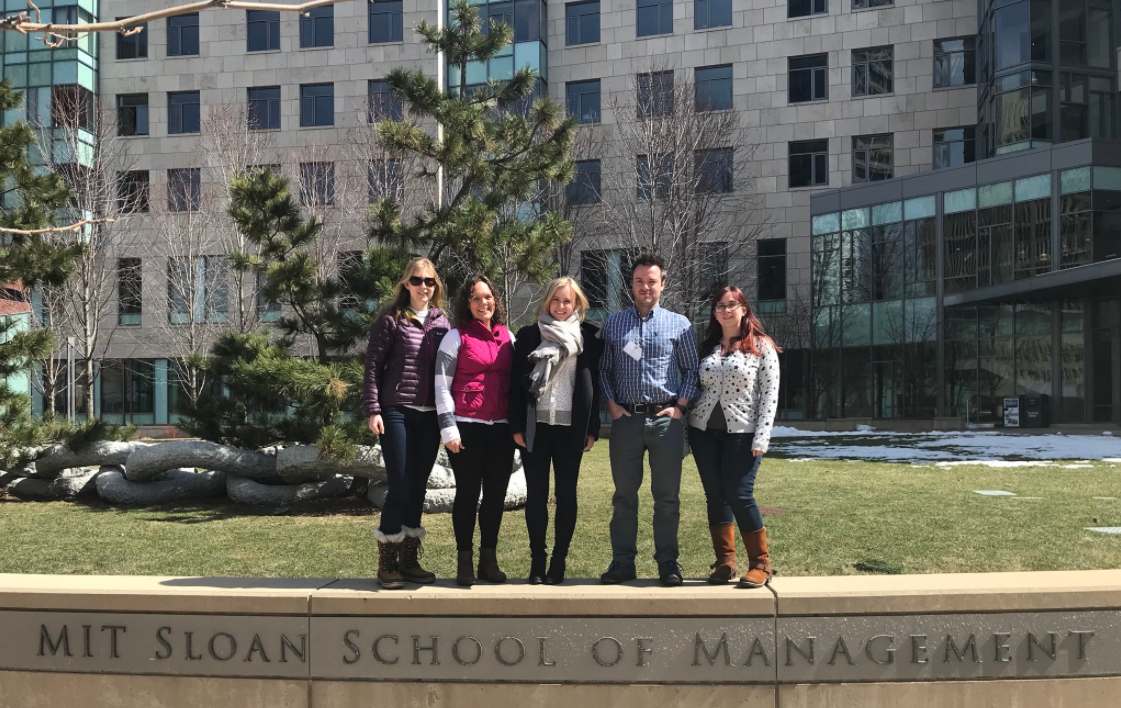



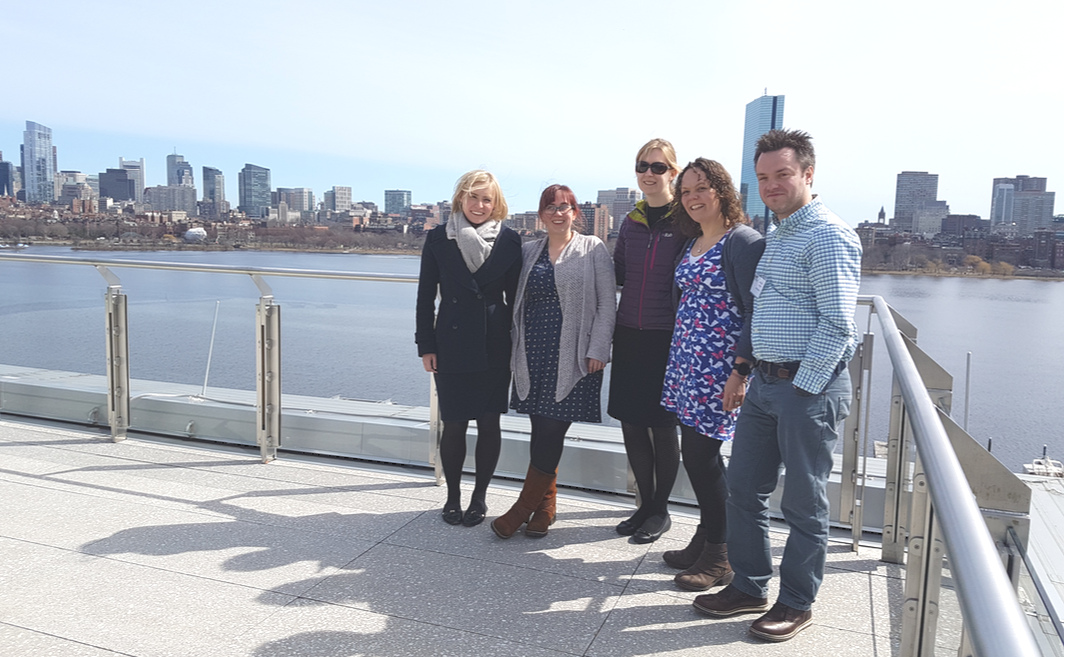

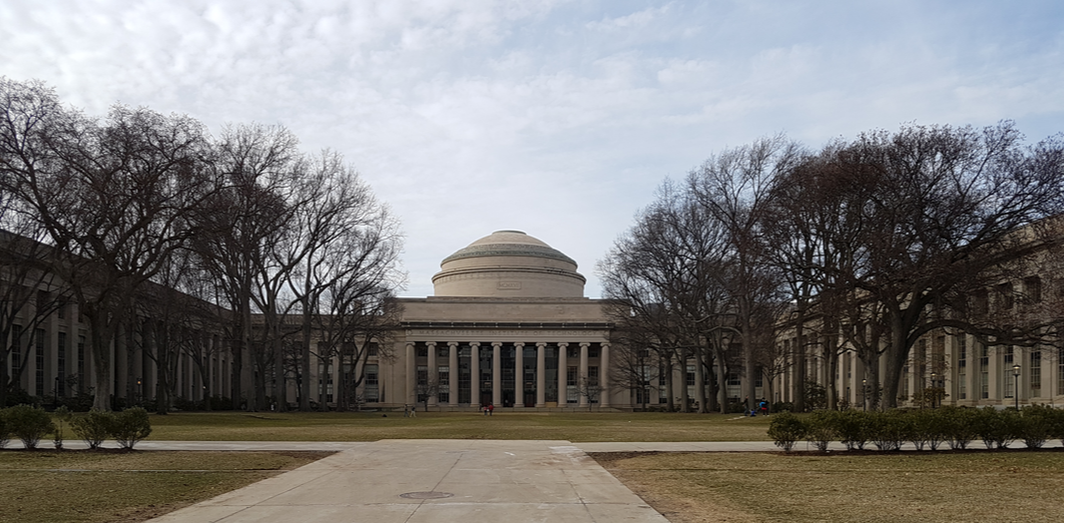

 RSS Feed
RSS Feed
